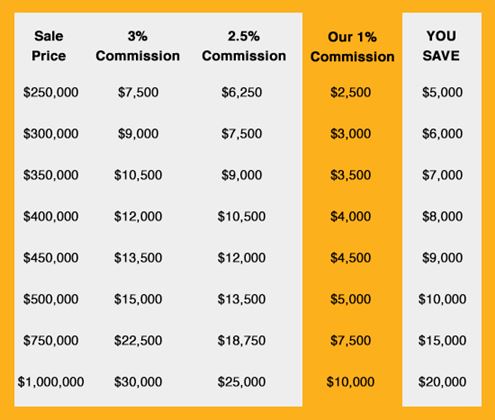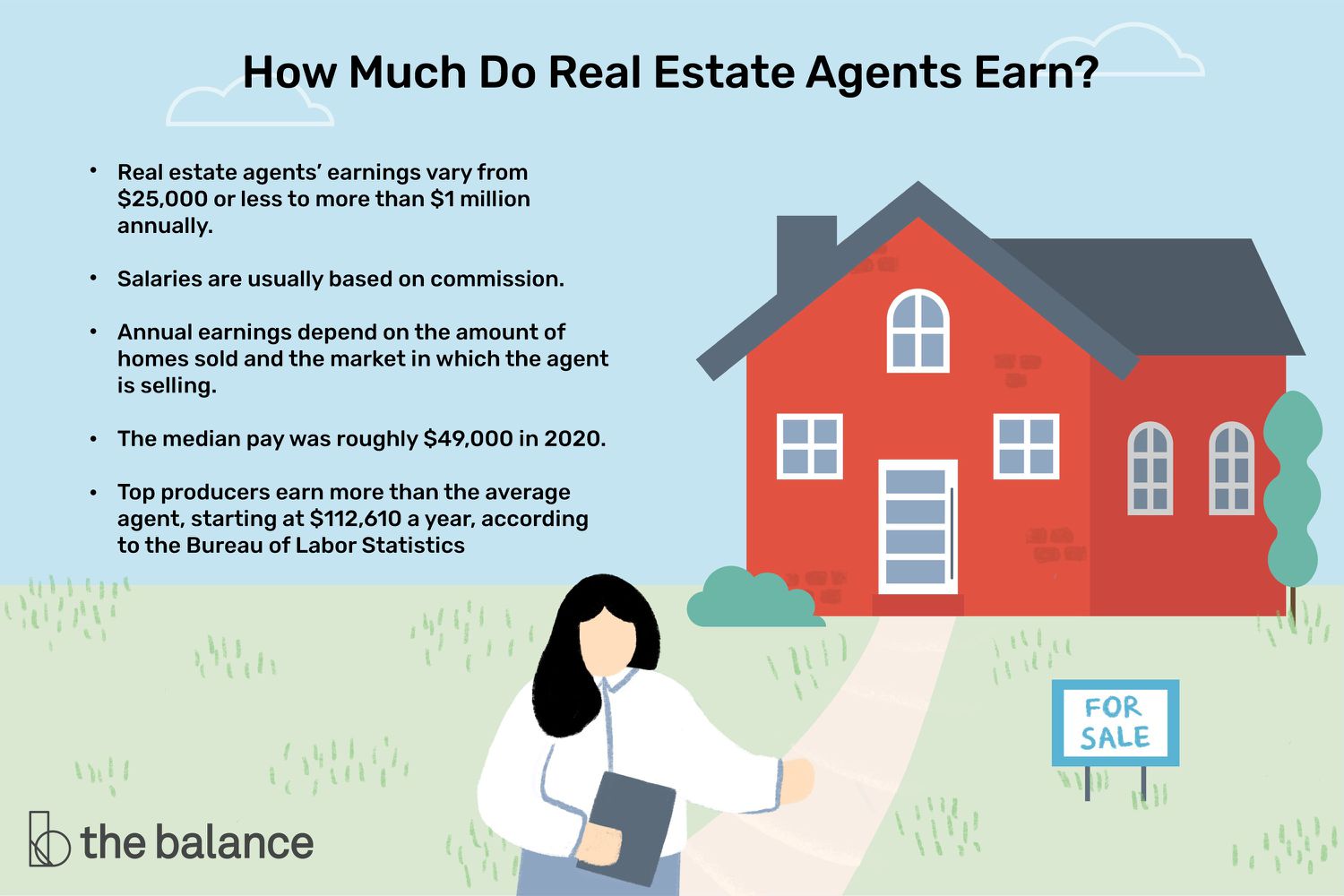
If you are interested in diversifying your investment portfolio, you might be wondering how to real estate invest. Real estate investment is a good choice for many reasons. You should be careful about the risks and high returns. Real estate is risky and requires insurance and maintenance. This article will discuss the steps you need to take to avoid most common pitfalls. In addition, it provides a helpful guide for beginners who want to diversify their portfolio.
Real estate investments are a good way for diversification in your investment portfolio.
Real estate investing is a great investment strategy to diversify your portfolio. It can also help you offset high-risk investments. Real estate is also an excellent way to diversify your portfolio and enjoy cash-flow from rental properties, appreciation of your property, and substantial capital gains during your retirement years. Real estate investing is not for everyone. However, it can be a smart investment for those who are looking to reduce risk and generate significant returns.
Real estate has a low correlation with other assets, such as stocks and bonds. It typically rises or falls after the rest. Each real estate market is unique, so factors that sink the value of a home in one market may not affect it in another. According to CFP Daniel Kern, chief investment strategist at TFC Financial Management in Boston, it is a smart idea to allocate at least five to 10 percent of your total investment portfolio to real estate.

It is a smart financial decision
When it comes to diversifying your portfolio, real estate is an attractive option. It is not closely linked to the stock market so investors believe it is a smart move to reduce losses. However, there is no such thing as a sure thing, and you may experience significant losses despite the potential for gains. This article will cover the main benefits to investing in real-estate. This article will also cover the main benefits of investing in real estate.
Real estate is a bankable asset that can generate a steady stream income. The property's actual value can be used to finance your loan. This means that you don’t need to invest a lot of money upfront. You can even use the money from banks to further your investment. You will be able to benefit from low interest rates. These are almost free money. Real estate investments offer tax benefits.
It requires a team of professionals
It is crucial that you have the right professionals to assist with your real estate ventures. You should do thorough research about each candidate before hiring them. If possible, get recommendations and call references. You should also know your market, niche and strategy in order to get the best from your real estate team. The key to success is a team that works well together.
A legal counsel is essential when it comes to real estate investing, as they will make sure all paperwork is in order and that any evictions follow the law. To keep track of finances, and organize books, you will need a bookkeeper who has experience in real-estate investing. Also essential is a marketing manager. A team is also essential in any successful real-estate investing business.

You have many options.
There are many avenues to enter real estate investment. To purchase property, some people invest their own capital. Some people pool their funds. Depending on your goals, you can buy houses and rent them out or use other people's money to renovate homes. Either way, you can earn cash flow from your investment. Below are some options for real estate investing. These strategies offer varying degrees of difficulty and reward.
It is possible to invest in real estate by purchasing a home, fixing it up and then selling it at higher prices. This strategy is extremely lucrative, but it takes a lot of time and money. Real estate investing can make you a successful investor if your patience is not strained. You can also make large profits by investing in multiple properties at once.
FAQ
How do I fix my roof
Roofs can become leaky due to wear and tear, weather conditions, or improper maintenance. Roofers can assist with minor repairs or replacements. Contact us for more information.
Is it cheaper to rent than to buy?
Renting is generally less expensive than buying a home. However, renting is usually cheaper than purchasing a home. A home purchase has many advantages. You'll have greater control over your living environment.
Do I need flood insurance?
Flood Insurance protects you from flooding damage. Flood insurance protects your belongings and helps you to pay your mortgage. Find out more information on flood insurance.
What is reverse mortgage?
A reverse mortgage lets you borrow money directly from your home. This reverse mortgage allows you to take out funds from your home's equity and still live there. There are two types of reverse mortgages: the government-insured FHA and the conventional. If you take out a conventional reverse mortgage, the principal amount borrowed must be repaid along with an origination cost. If you choose FHA insurance, the repayment is covered by the federal government.
How do I get rid termites & other pests from my home?
Over time, termites and other pests can take over your home. They can cause severe damage to wooden structures, such as decks and furniture. This can be prevented by having a professional pest controller inspect your home.
What should I be looking for in a mortgage agent?
Mortgage brokers help people who may not be eligible for traditional mortgages. They shop around for the best deal and compare rates from various lenders. There are some brokers that charge a fee to provide this service. Others provide free services.
Statistics
- The FHA sets its desirable debt-to-income ratio at 43%. (fortunebuilders.com)
- Over the past year, mortgage rates have hovered between 3.9 and 4.5 percent—a less significant increase. (fortunebuilders.com)
- Private mortgage insurance may be required for conventional loans when the borrower puts less than 20% down.4 FHA loans are mortgage loans issued by private lenders and backed by the federal government. (investopedia.com)
- 10 years ago, homeownership was nearly 70%. (fortunebuilders.com)
- This means that all of your housing-related expenses each month do not exceed 43% of your monthly income. (fortunebuilders.com)
External Links
How To
How to purchase a mobile home
Mobile homes can be described as houses on wheels that are towed behind one or several vehicles. They were first used by soldiers after they lost their homes during World War II. People who want to live outside of the city are now using mobile homes. These houses are available in many sizes. Some are small, while others are large enough to hold several families. Some are made for pets only!
There are two main types mobile homes. The first type is produced in factories and assembled by workers piece by piece. This occurs before delivery to customers. A second option is to build your own mobile house. First, you'll need to determine the size you would like and whether it should have electricity, plumbing or a stove. You'll also need to make sure that you have enough materials to construct your house. Finally, you'll need to get permits to build your new home.
If you plan to purchase a mobile home, there are three things you should keep in mind. First, you may want to choose a model that has a higher floor space because you won't always have access to a garage. You might also consider a larger living space if your intention is to move right away. You should also inspect the trailer. Problems later could arise if any part of your frame is damaged.
Before you decide to buy a mobile-home, it is important that you know what your budget is. It is important that you compare the prices between different manufacturers and models. Also, look at the condition of the trailers themselves. There are many financing options available from dealerships, but interest rates can vary depending on who you ask.
You can also rent a mobile home instead of purchasing one. Renting allows you the opportunity to test drive a model before making a purchase. However, renting isn't cheap. Renters generally pay $300 per calendar month.